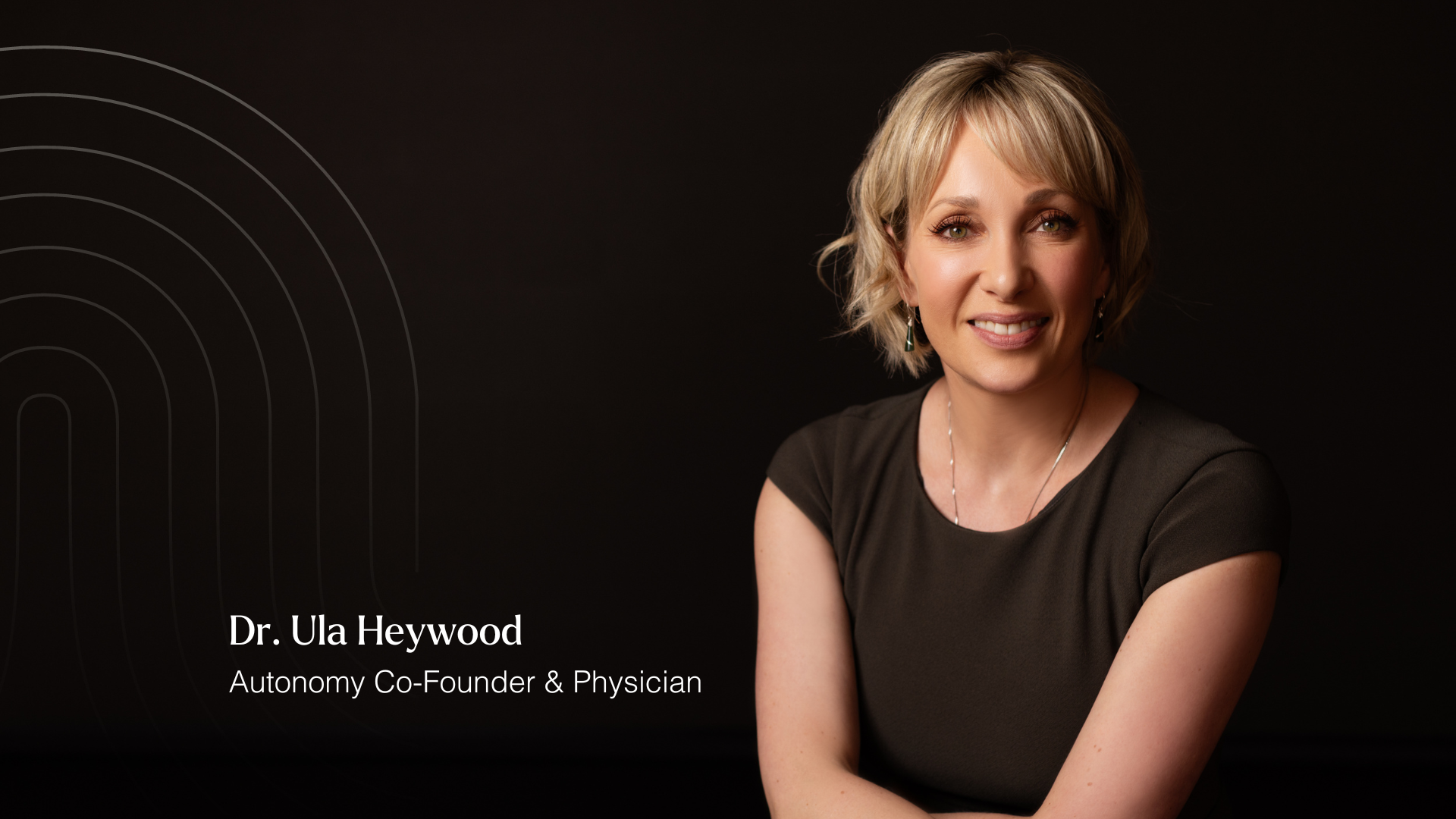From Disease to Health
Medicine 2.0 predominantly revolved around treating diseases, often when they reached an advanced stage. In contrast, Medicine 3.0 recognises the importance of shifting the focus to maintaining overall health. By adopting a proactive approach, Autonomy aims to prevent the onset of diseases, largely by changing lifestyle habits, empowering individuals to take control of their lifelong health.
From Lifespan to Health Span
While Medicine 2.0 primarily sought to extend lifespan, Medicine 3.0 prioritises enhancing health span. It recognises that it is not just the number of years that matter but the quality of those years. Autonomy emphasises interventions that optimise health throughout an individual's lifespan, allowing individuals to enjoy a longer period of good health rather than merely managing chronic conditions that develop over 20 to 30 years, and often leads to unnecessary pain and suffering during our later years.
From "Normal" to Optimal
Medicine 2.0 often accepts there is an ideal standard to which individuals should conform. As we have become unhealthy as a population, this has become the ideal standard - a "new normal". In contrast, Medicine 3.0 sees "normal" as a myth. It strives for optimal lifelong health for the individual using advances in science and technology to unlock their full health potential.
From Treatment to Prevention
Medicine 2.0 is primarily reactive, focusing on treating diseases once they had already manifested. In contrast, Medicine 3.0 places greater emphasis on preventive measures. Autonomy adopts this proactive approach, utilising advanced diagnostics, risk factor identification, and lifestyle interventions to prevent diseases from occurring in the first place.
From Years to Decades
Medicine 2.0 has been successful in providing care for a relatively short period, mainly during acute illness or for chronic conditions management. In contrast, Medicine 3.0, with its lifelong perspective, offers comprehensive care that spans several decades. Autonomy recognises that health is a lifelong journey and is committed to supporting individuals throughout their entire lifespan.
From Disease Events to Health Continuum
Medicine 2.0 viewed health as a binary state, primarily focused on the presence or absence of specific diseases. In contrast, Medicine 3.0 acknowledges health as a dynamic, multidimensional concept that encompasses overall well-being and prevention. Autonomy embraces a holistic approach, considering the physical, mental, and emotional dimensions of health as part of an interconnected continuum.
From Symptoms to Cause
Medicine 2.0 often treats the symptoms of a disease without addressing the underlying causes. Medicine 3.0, recognises the importance of addressing the root causes of diseases. By understanding the underlying factors contributing to metabolic health issues, Autonomy is able to provide more effective and lasting solutions, addressing the source of the problem rather than merely managing the symptoms.
From Individual Factors to Systems Thinking
Medicine 2.0 typically focuses on individual factors when treating diseases. Medicine 3.0, on the other hand, embraces a systems thinking approach, recognising the interconnectedness of various aspects of health. Autonomy considers the complex web of interactions between genetics, lifestyle, environment, and social factors to provide personalised and comprehensive care tailored to the specific needs of each individual. This systems thinking approach allows Autonomy to address the underlying causes of health issues and develop effective strategies for long-term well-being.
From "Disease Care Done to You" to "Healthcare Done with You and by You"
One of the most significant paradigm shifts is from dependancy on the heath system, to health autonomy. A shift in agency to the individual. Medicine 2.0 often involves healthcare professionals taking charge of treatment decisions and interventions. In contrast, Medicine 3.0, as exemplified by Autonomy, encourages active involvement and empowerment of individuals in their own healthcare journey. Autonomy fosters a collaborative partnership between doctors, coaches, healthcare providers and patients, where individuals are actively engaged in decision-making and are provided with the necessary tools and knowledge to make informed choices about their health. Autonomy is healthcare done with you and by you, not done to you.
From Evidence-Based to Evidence-Informed
Medicine 2.0 traditionally relies on evidence-based practices, utilising established clinical guidelines and research findings. Medicine 3.0 builds upon this foundation by incorporating emerging research and insights to ensure the best possible outcomes. For example, Autonomy leverages leading technologies and data analytics to stay at the forefront of medical advancements, allowing our doctors and coaches to deliver evidence-informed care that is tailored to the unique circumstances of each individual.
From Population-Oriented to Highly Personalised
Medicine 2.0 often employs a population-oriented approach to healthcare, applying generalised treatment protocols to broad groups of patients. In contrast, Medicine 3.0 recognises the uniqueness of individuals and tailors treatments and interventions to their specific needs. Autonomy embraces personalised medicine, utilising advanced diagnostics, genetic profiling, and precision therapies to provide targeted interventions that are optimised for each individual's genetic makeup, lifestyle, and preferences.
From "Health is a Cost" to "Health is an Investment"
Medicine 2.0 often views health as a cost to be managed, with the focus on minimising healthcare expenses. In contrast, Medicine 3.0, recognises health as a valuable investment in an individual's overall well-being and future quality of life. We invest a small amount of money each month in superannuation to build a financial nest egg for our later years. Medicine 3.0 applies the same annuity thinking to the effort we invest in our lifelong health. Autonomy emphasises the long-term benefits of proactive health management, promoting the idea that investing in preventive measures and optimising health can lead to reduced healthcare costs, improved productivity, and a higher quality of life.
Medicine 3.0 represents a paradigm shift in healthcare. Autonomy is leading the way in implementing this evolutionary approach, making Medicine 3.0 technically feasible, financially viable and patient desirable. By shifting the focus from disease to health, extending the concept of health span, challenging the notion of "normal," and emphasising prevention, Autonomy has implemented the core attributes of Medicine 3.0. Through its commitment to personalised, evidence-informed care, Autonomy empowers individuals to actively participate in their own health journey, addressing the root causes of diseases, and making health a lifelong investment. With Autonomy's integration of higher-level strategies, you can combat the diseases of modern life more effectively and take control of your lifelong health.



